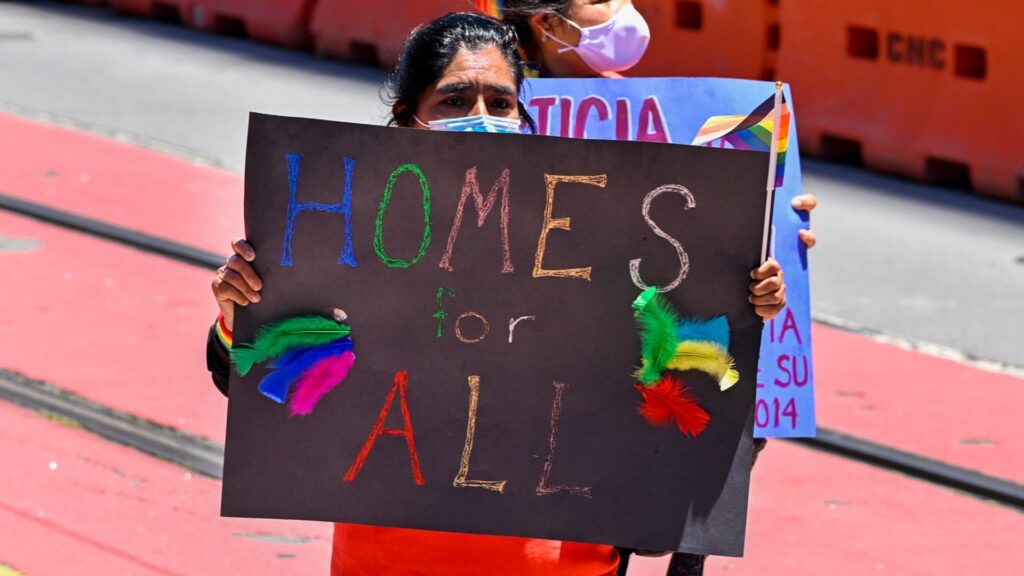
Arun Nevader/Getty Images
Housing discrimination is on the rise.
In honor of Fair Housing Month in April, we wanted to take a look at housing discrimination today. A record number of fair housing complaints were filed in 2022, according to the most recent report from the National Fair Housing Alliance. More than 33,000 people claimed they were victims of discrimination, 5.74% more than in the previous year.
“The growing figures speak to the troubling persistent nature of housing discrimination across the country,” says Morgan Williams, general counsel of the alliance. “It’s a problem that persists, including rentals, sales, lending, and insurance.”
The report includes housing discrimination complaints sourced from the U.S. Department of Housing and Urban Development; state and local Fair Housing Assistance Program agencies; private fair housing organizations; and the U.S. Department of Justice.
The overwhelming majority of complaints, about 83%, involved renters, according to the report. That’s because rental transactions happen more frequently than home sales, and it can be easier to tell if someone is being discriminated against in these situations.
Just 3% of complaints were about home sales, and 1% involved lending.
Complaints involving disabilities, 53.3%, made up the bulk of those submitted in 2022. That’s because it’s often easier to spot, especially when a landlord or building refuses a request for reasonable accommodation or to modify a unit to be accessible, such as for someone who uses a wheelchair.
“A veteran with PTSD who has an assistance animal could ask a landlord with a no-pet policy to waive the policy to accommodate their need,” says Williams. “It could be someone who is renting an apartment and has an accident resulting in the need to use a wheelchair. They might have a right under the law to be able to build a ramp to get up stairs to enter their apartment.”
It was followed by race, which represented about 17.6% of complaints. Sex represented 7.5%; familial status, 6.5%; national origin, 5%; color, 1.9%; and religion, just 1.1%.
About 17% were classified as other, such as source of income; criminal background; age; sexual orientation; and gender identity.
Sexual orientation and gender identity have been federally protected classes since 2021 under an executive order from President Joe Biden. These others are not, but some states and local governments include them in their fair housing laws.
(The percentages don’t add up to 100% because some complaints included more than one type of discrimination.)
“Discrimination is rampant,” says Williams. “The experience of discrimination causes lasting trauma. It [also] locks communities out of housing opportunities across the United States.”
The post Fair Housing Complaints Jump as More People Report Being Victims of Discrimination appeared first on Real Estate News & Insights | realtor.com®.

0 Comments Leave a comment